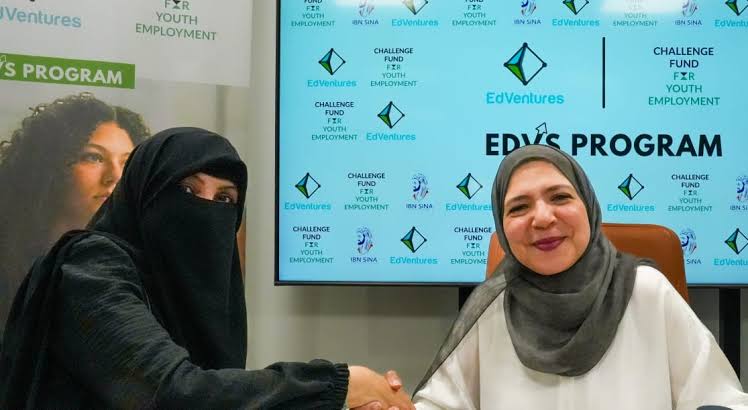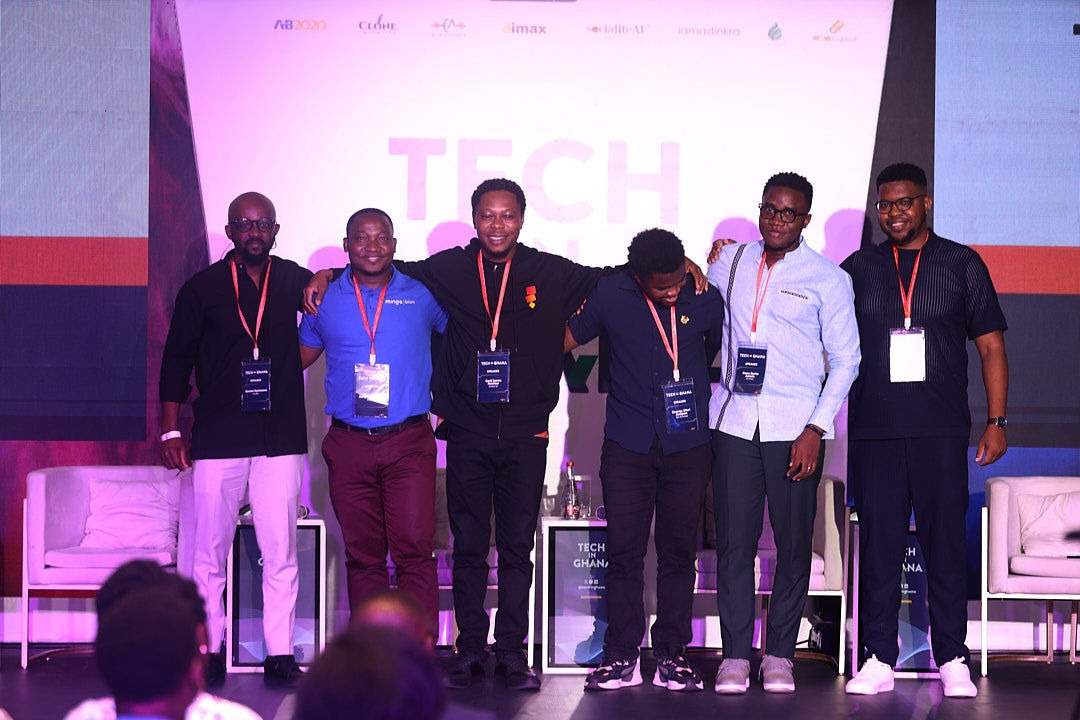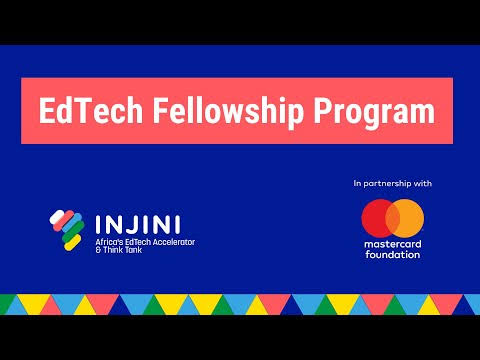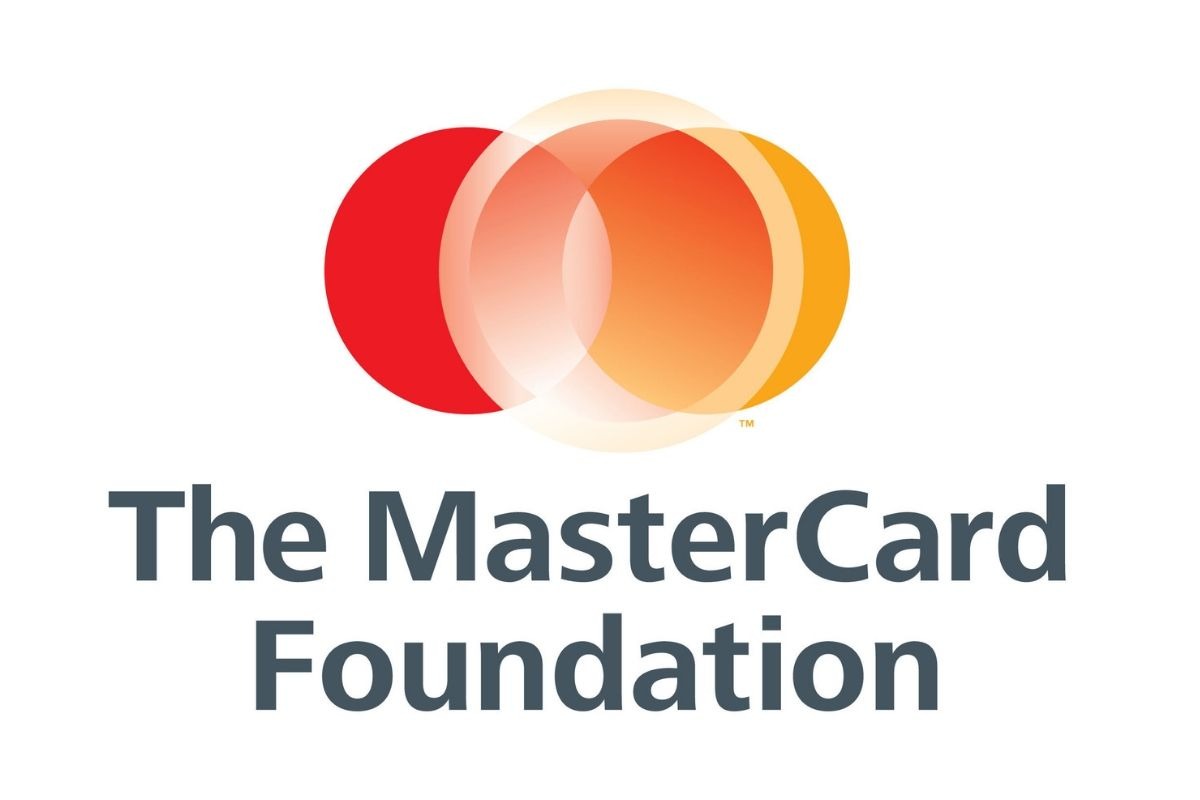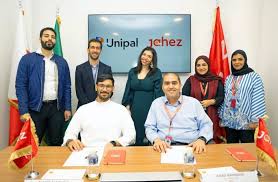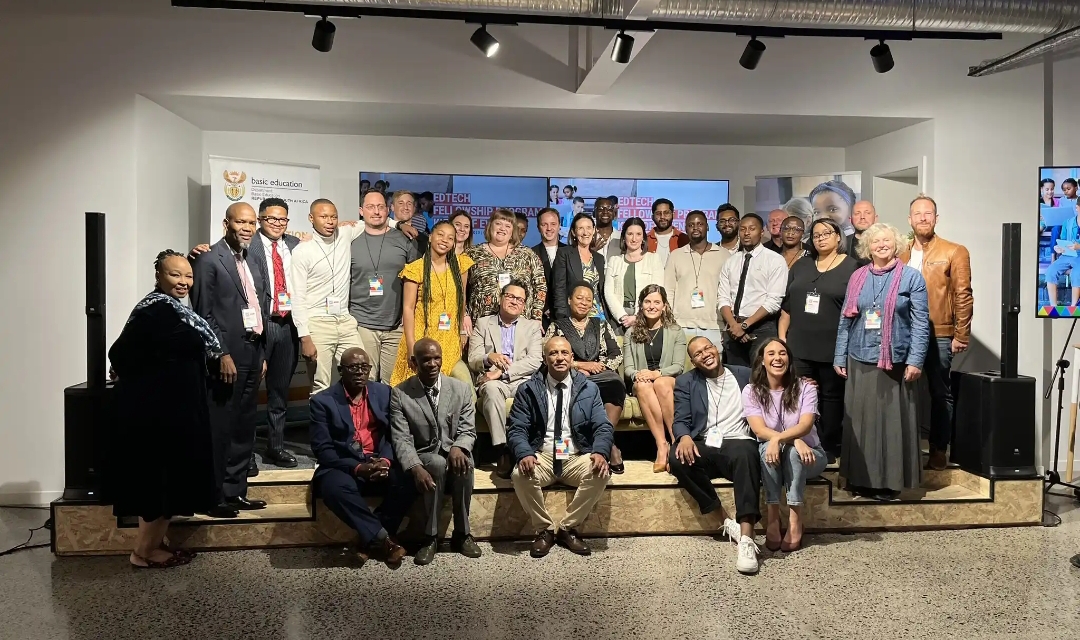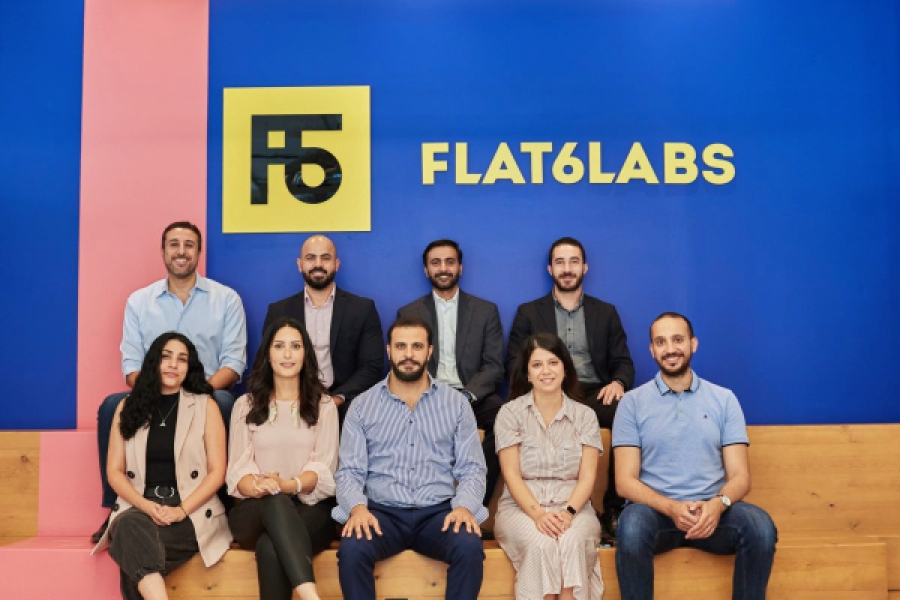EdVentures, a prominent venture capital firm in Egypt, has recently made headlines with its latest investments in the EdTech sector. EdVentures invested six figures in Schoolz and Ibn Sina Training Academy on Thursday.
This move expands its portfolio to include 24 dynamic startups, reinforcing its commitment to enhancing educational opportunities through technology.
Read also: AltSchool expands into Europe with focus on tech education and global certification
Empowering education through innovation
Within the Middle East North Africa (MENA) region , Dalia Ibrahim started EdVentures in 2017 with the goal of changing the way education works in Egypt and the wider region.
The organisation specialises in nurturing startups that leverage technology to enhance learning experiences. Ibrahim was enthusiastic about the new investments, stating, “We are thrilled to support innovative solutions that address the pressing challenges in education today”.
The EDVS (EdTech Ventures Studio) program under which these investments were made is designed to provide startups with mentorship, funding, and access to a network of industry experts.
This program, which is collaborative with the Challenge Fund for Youth Employment (CFYE), is focused on fostering growth within the EdTech sector.
“Our goal is to create over 1,000 jobs through this initiative,” Ibrahim added, highlighting the program’s dual focus on economic growth and educational innovation.
Read also: EdTech leaders advocate for broader inclusivity in education at Tech In Ghana 2024
The startups making waves
Schoolz is a unique platform that offers students a specialised transportation system, ensuring safe and convenient commutes.
Meanwhile, Ibn Sina Training Academy focuses on providing vocational training and skill development tailored to meet the needs of today’s job market. Both startups were selected from a competitive pool of ten finalists during the inaugural EDVS boot camp.
EdVentures’ commitment to supporting these startups reflects its mission to improve educational quality and accessibility across Egypt.
The organisation has previously invested in various innovative platforms that aim to revolutionise traditional education methods through technology.
Ibrahim noted, “By empowering innovative startups, we are not just investing in businesses; we are investing in the future of education”.
EdVentures’ commitment to creating a vibrant entrepreneurial ecosystem that can adapt to education’s changing needs is shown by these investments. Ongoing initiatives by EdVentures shape an inclusive and effective educational environment for Egyptian students.
